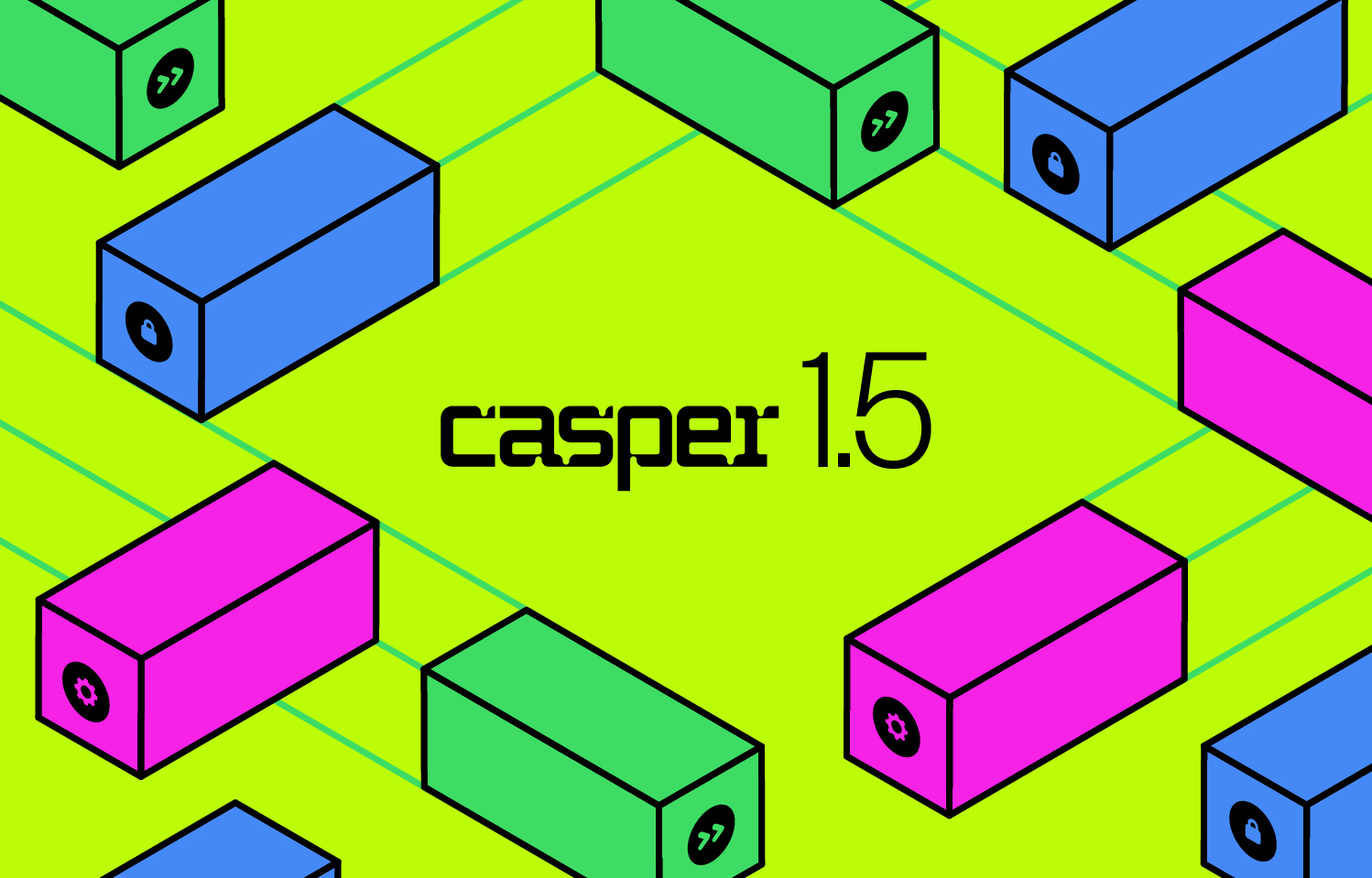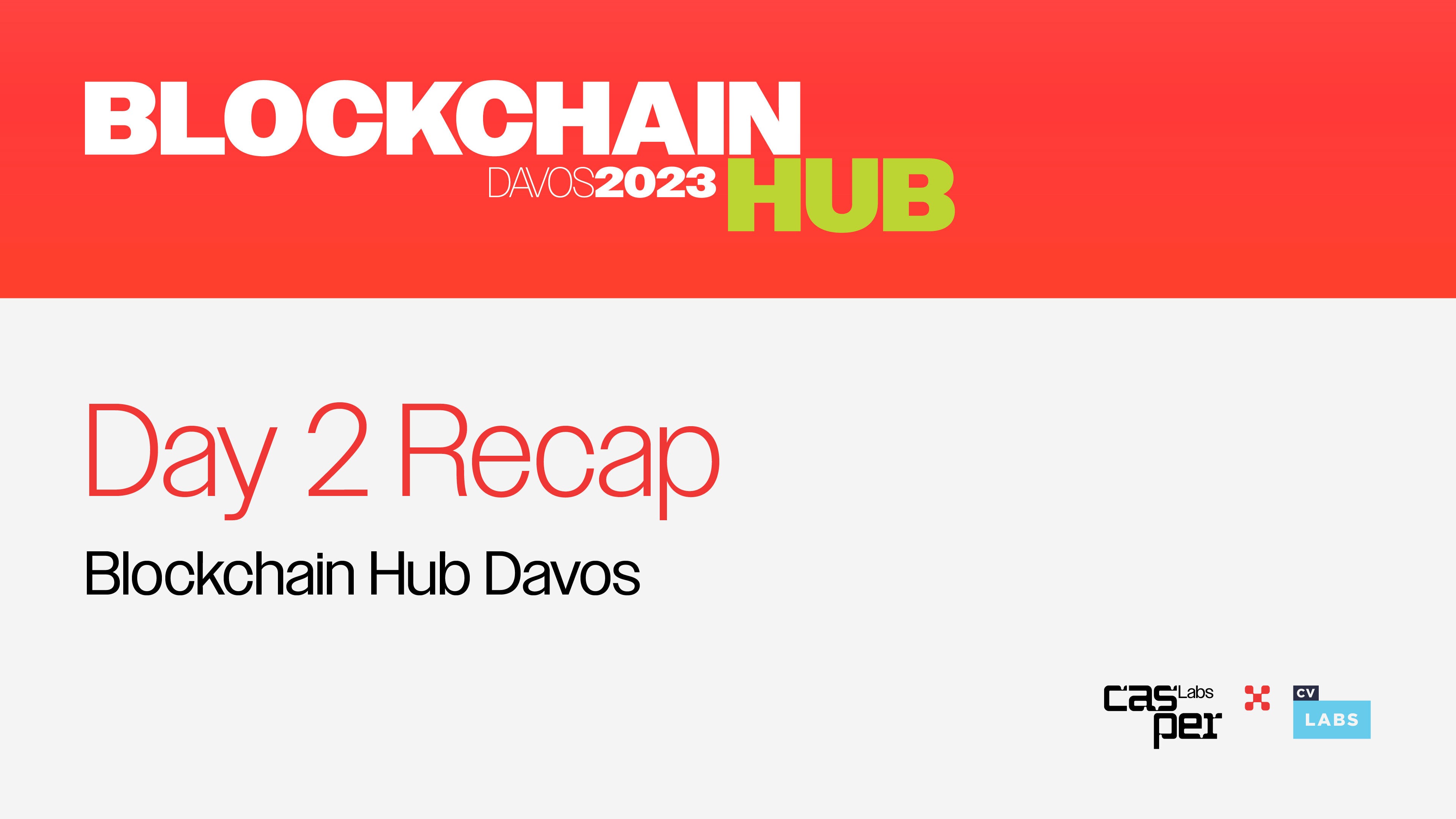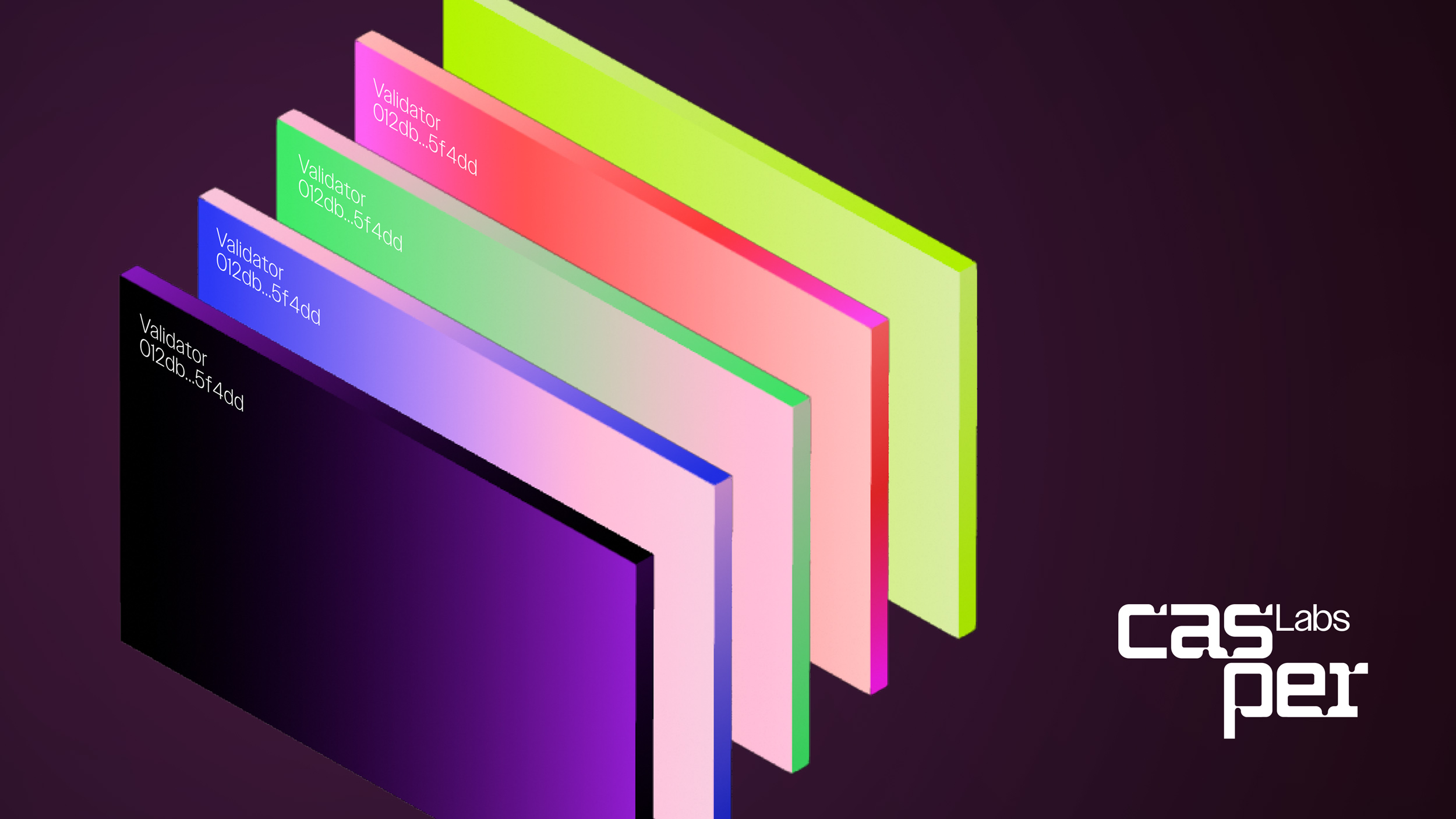Best of Both Worlds: How Hybrid Blockchains Supercharge AI
Matt Coolidge
SVP of Global Communications
As AI tools rapidly proliferate across business operations, questions around AI risks and responsible AI are also growing. AI systems today are often seen as black boxes, reliant on largely proprietary and opaque data sets, which offer little to no insight into an AI’s internal workings. This has led to considerable roadblocks in terms of diagnosing and correcting problems when an AI hallucinates or otherwise behaves in an undesired manner. As a result, calls for more responsible AI and AI ethics continue to grow.
Blockchain technology provides a compelling and cost-effective solution for many of these challenges. Storing AI training data in a tamper-proof and decentralized database allows a business to maintain a far more transparent and auditable trail of transactions that show the weighting factors that led to AI-driven decisions. In this way, a business can diagnose why and when an AI went off course, while also allowing it to restore a previous version of a given AI to a more accurate previous iteration (quite similar to how you can restore an old version of a Google Document).
But a successful integration between AI and blockchain depends on the use case. And, to achieve optimal results, the right type of blockchain must be leveraged for the right applications.
While public and private blockchains each offer different advantages for bias mitigation and data security in AI systems, a hybrid blockchain combines the best of both worlds, enabling businesses to enjoy transparency and collaboration while also safeguarding sensitive information. Understanding the differences between these blockchain technologies is essential to making informed decisions and improving existing AI applications.
Exploring the differences: Public vs. private blockchains for AI
Public blockchains are open and accessible to anyone, providing a transparent, decentralized platform for transactions. For some AI applications, however, public networks might not provide the right kind of support for data processing and storage – especially when you factor in the petabytes of irrelevant (for the purposes of an AI system) data that accompany it, with a matching price tag.
Beyond lack of data privacy, public blockchains face some serious scalability challenges. Public networks employ a consensus mechanism, such as Proof-of-Work (PoW) or Proof-of-Stake (PoS), to validate transactions. Resource-intensive AI training tasks—for customer recommendation systems and fraud detection mechanisms, among others—require higher computational effort to validate transactions, leading to higher transaction fees. Expensive fees can be prohibitive for businesses, especially when dealing with frequent and large-scale AI data transactions.
During these periods of intense network activity, public blockchains can experience congestion. This can cause delays and even lead to transaction backlogs, affecting the performance of AI applications that rely on real-time data and rapid processing.
Private blockchains offer enhanced privacy and control over data sharing that is essential for regulated industries dealing with sensitive information, like healthcare or finance.
But, like public networks, private networks have their own set of drawbacks when it comes to AI integration. Though they provide more control over data sharing, limited data access and visibility can potentially raise suspicions about data manipulation or lack of accountability.
For instance, a private blockchain-based supply chain management system only allows data sharing between a select group of stakeholders, such as suppliers, manufacturers, and logistics partners—making it challenging for outsiders to see detailed information about a product’s journey through the supply chain. This can raise questions about product origin and authenticity.
Let’s also not forget that private blockchains concentrate the power of decision making into the hands of a few authorized members, leading to potential single points of failure. Highly regulated entities, like public sector, healthcare and financial services organizations, to name a few, often lean on private networks to ensure security when dealing with sensitive data—but overcentralization of authority means that one minor breach could more easily compromise the rest of the network.
Hybrid blockchain technology ensures optimal AI performance
Whereas public blockchains may face scalability challenges and data privacy issues, private blockchains often encounter a myriad of transparency concerns and governance complexities. Striking the right balance between these factors is essential to ensure successful integration of AI applications within the blockchain ecosystem.
With hybrid blockchain technology, businesses have the ability to customize their networks to their own AI system requirements. Elements of the private blockchain can be blended with the public blockchain to ensure that AI models can process large datasets and deliver real-time results, as well as encourage safer, more transparent collaboration with partners, suppliers, regulators, and other stakeholders.
Imagine a fleet of drones working together to deliver packages to different locations. Each drone is equipped with a range of AI capabilities to help it navigate and avoid obstacles. Incorporating a private blockchain in the drone’s software can help them facilitate real-time mapping and communication, while a public network can enable the recording of delivery status and timestamps, providing a tamper-proof record of completed tasks.
Similarly, an AI system used to analyze patient data can store that information on a private blockchain accessible only to authorized medical practitioners. Meanwhile, participants can anchor their research findings and model performance metrics on a public blockchain, enabling peer validation and ensuring the integrity of research outcomes without exposing sensitive patient information.
Hybrid blockchains can help organizations establish greater control over governance mechanisms, giving businesses flexibility to design network management processes that better suit their strategic objectives, data privacy policies, and industry regulations. As AI and hybrid blockchain technology converge, the future holds endless possibilities for driving innovation, trust, and efficiency across diverse industries.


